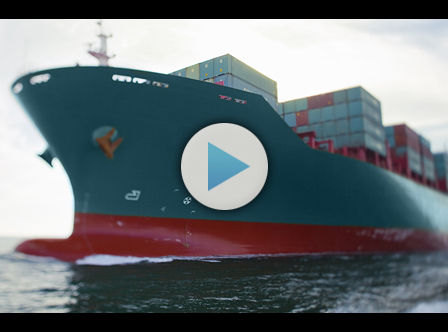NEWS
IK4-TEKNIKER is developing a unit to measure friction between anti-fouling coatings and seawater and will enable the technology centre to make further progress in terms of designing coatings that are more durable, efficient and environmentally friendly.
An antifouling coating is a type of paint that prevents sea organisms (fouling) from adhering to ship hulls. This reduces the level of friction between a vessel and the seawater, fuel consumption and minimises CO2.
It is in this context that IK4-TEKNIKER is designing and developing a trobometer called drag friction that evaluates friction coefficients associated with coatings of this kind.
The term drag friction defines the amount of friction force produced by a surface when it glides through a fluid (which could be water or air). Materials used in the sea undergo very severe degradation due to a significant presence of salts and bacteria. This is what multiplies the adhesion of microorganisms and, consequently, the amount of friction produced by water.
The solution developed by the technology centre looks into the degree of roughness produced on a hull and the amount of energy dissipation when a vessel is in motion to deliver coatings with the lowest friction coefficients.
Drag Friction works with different kind of fluids and simulates the entire range of speeds at which a vessel or boat sail. It’s an open design that allows the centre to run trials that are fully adapted to individual customer requirements. It also isolates the influence of engine vibrations on torque measurements and consequently offers better solutions than those currently available.
This unit is allowing IK4-TEKNIKER to design and develop new anti-fouling coatings that are more durable, efficient and environmentally friendly.




